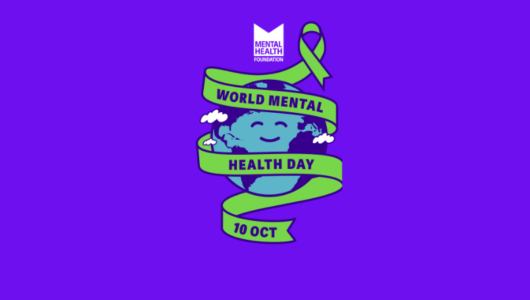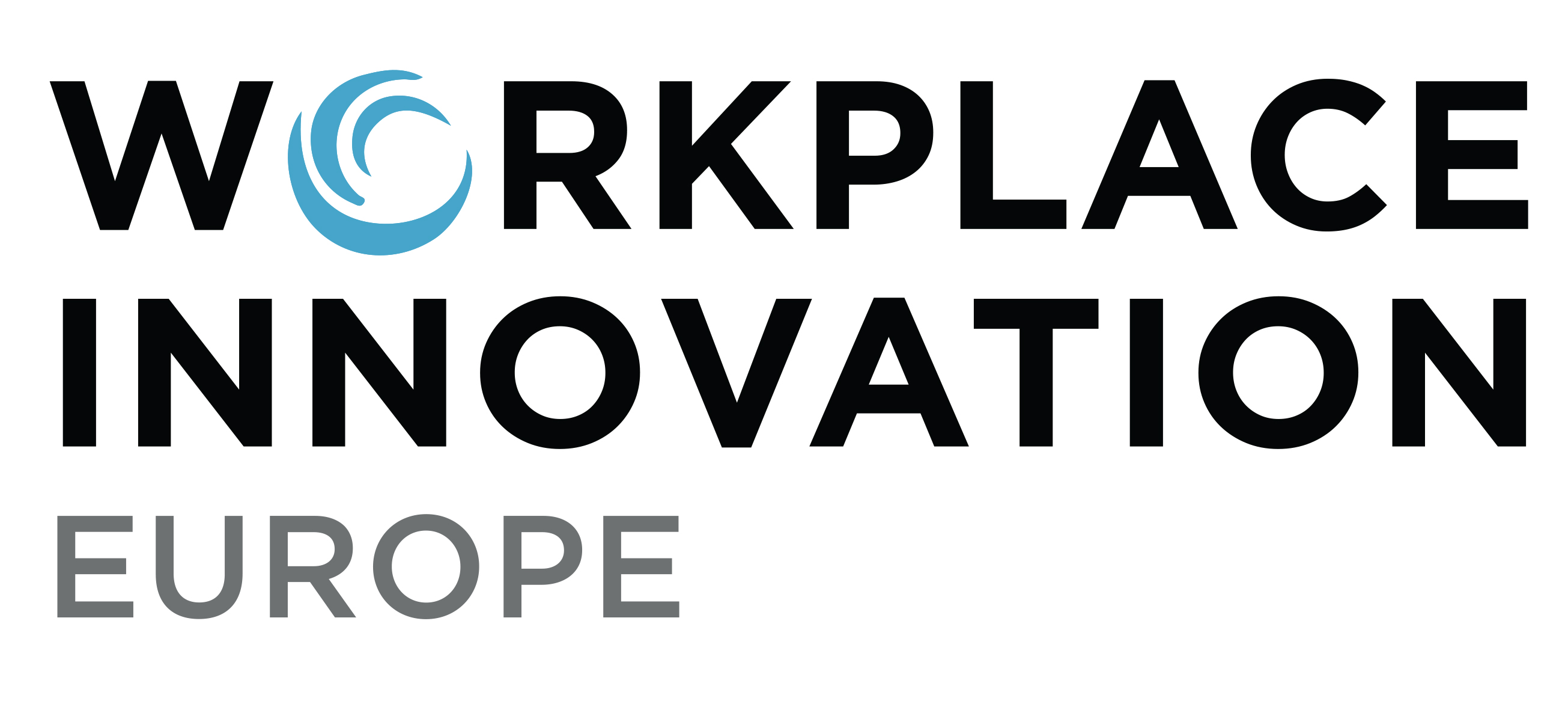World Mental Health Day

It is World Mental Health Day on the 10 October. This year’s theme set by the World Federation of Mental Health is, “it’s time to prioritise mental health in the workplace”.
Now, more than ever, it’s crucial that employers take action to foster an environment where employees feel valued, heard, and empowered to prioritise their mental health. A healthy workplace not only improves individual wellbeing but also drives productivity, creativity, and overall organisational success.
Good work supports mental well-being for everyone. Employers increasingly recognise the need to identify and support people with mental health problems but the wider task is to identify and address those workplace practices which build or undermine mental well-being.
The evidence:
- Mental health problems in the UK workforce cost employers almost £35 billion last year, according to research published by Centre for Mental Health. They find that by far the largest part of the business cost is in the form of reduced productivity among people who are at work but unwell: or ‘presenteeism’. This costs businesses twice as much as sickness absence relating to poor mental health. The remainder of the cost relates to turnover – people leaving their jobs as a result of poor mental health.
- Mental health problems are a huge issue affecting people with 1 in 4 people being affected by a mental health problem at some time in their life with the result that 17 million working days are lost each year.
- The Scandinavian Journal of Work, Environment and Health published new evidence on the relationship between job strain, low job control and low support on the one hand, and mental disorder, cardiovascular disease and mortality on the other. Read more
- These figures only paint part of the picture, and recent research has also shown that employees are likely to give different reasons for taking sick leave because of poor mental health.
While there is undoubtedly a myriad of factors contributing to individual mental health – whether genetic, environmental, or otherwise – it is clear that the workplace has huge potential either to promote or to undermine mental wellbeing.
So, what can employers do to become part of the solution rather than part of the problem?
Good work can provide meaning, purpose and structure. Work also provides social connection and opportunities to learn and develop, both of which support wellbeing and good mental health. To support employee mental health, particularly hybrid / homeworkers and employees anxious about returning to the workplace, leaders may also wish to consider some of the following:
- Offer specific work-life balance support in the form of 121 coaching, guidance or training.
- Continue providing employees with ways to connect with colleagues whilst working from home. Promoting online communities, virtual social groups and using social media can all help to connect people.
- Encourage employees to create effective boundaries between work and home, take regular breaks and annual leave. Having a regular routine, such as start and end times can also help.
- Ensure that manager training includes spotting weak signals of poor mental health and wellbeing that are less visible as a result of home-working.
- Consider what additional support can be provided to employees who may be especially vulnerable such as working parents, employees from BAME groups, young workers or those who have previously experienced poor mental health.
- Prioritise! Employers also have the same legal requirement to manage work-related stress as they have with any other hazard. You can read more here.
- Employers may also wish to undertake a listening exercise and survey their employees about their current state of mental health and wellbeing, and seeking feedback on the specific support they feel would benefit them in the months to come.
Where to start?
Get your data on mental health, wellbeing and engagement.
Organisations may also wish to undertake a listening exercise and survey employees about their current state of mental health and wellbeing, and seeking feedback on the specific support they feel would benefit them in the months to come.
The Workplace Innovation Diagnostic®, is a unique on-line employee survey using evidence-based indicators relating to workplace practices strongly associated with high performance, innovation and employee health and well-being. In short, it provides companies with a clear roadmap of the types of changes they need to make, and where to make them, in order to achieve win-win outcomes.
Findings from the workplace practice scores are correlated with separate engagement, health and well-being scores to identify the workplace practices, that either contribute to, or undermine, positive mental health at work in specific areas of the organisation and groups of employees.
Data which compares the first Diagnostic results and those repeated after 6 months of companies show positive improvements in health scores correlated with each company’s improvements in its working practice scores. Read more here
The Good Work & Mental Wellbeing Lab is hosted on our Fresh Thinking Labs platform, and focuses on how companies can share and introduce the types of good practice to encourage mental wellbeing which are discussed during our webinars and group chats. Our aim is to build a closed community in which people can share experiences and challenges with each other, as well as taking part in open discussions with our expert panel when we run webinars, addressing key themes relating to good work and mental wellbeing. MORE DETAILS >
Emotional Intelligence at Work
Emotional Intelligence is about building self-awareness, fostering the ability to see the world from others’ perspectives, and creating a climate of trust. There is compelling evidence that leaders and team members with high levels of emotional intelligence build more effective relationships with colleagues and employees, are better at stimulating creativity and innovation, and inspire others to realise their full potential and aiding mental wellbeing in the workplace. We offer a course that is CPD accredited and ideal for leaders and their teams. MORE DETAILS >
How can we help ourselves get back to a place of energy and engagement with life again.
- If we are physically ill we gather all the things we need to cocoon ourselves, Lemsips, DVD’s, books, treats, magazines and we set up camp on the sofa or in bed. Our friends and family bring us those things too. We let go. Why don’t we do this when we are mentally not well?
- Allow time for those feelings associated with anxiety, stress and even burnout – anger, upset, sadness, grief, confusion, whatever affects you, it’s unique to you. Don’t judge it.
- If you want to go to bed after you have put the kids to bed, do it. If you need a cry for an hour – do it. If you need to draw, write or talk through your feelings – do it.
- Go and collect all those things you need to support you mentally, treats, DVD’s, books, walks out in nature, impromptu trips to the beach, take some time off work (if you can) to recharge and connect back into life. You need to decide what is going to help you renew.
- What is going to help you feel better? Self-care needs to be doubled, tripled, quadrupled. If you need an afternoon in bed then go for it – you might feel like you will never get up – it is unlikely that will happen.
- If you really can’t shift this feeling then give it time however if that still doesn’t work then look into professional help – go to your GP and speak to them about what they can offer, or you can find counsellors at www.bacp.co.uk and look for local counselling centres in your area.





